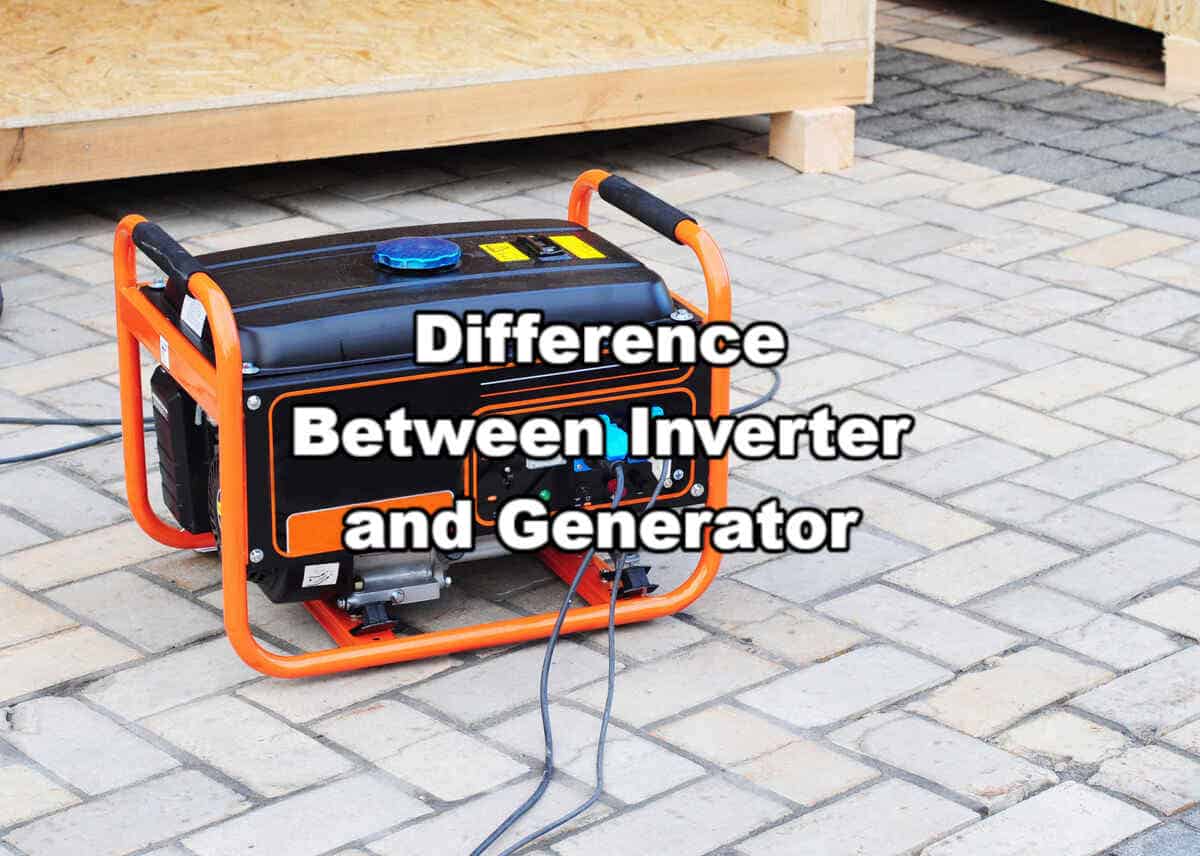The science behind portable generators and how they work differ significantly from inverter technology. Understanding these differences helps you choose the right power solution for your specific needs.
This comprehensive comparison will teach you the difference between a traditional generator and an inverter.
Basic Operating Principles
Traditional generators convert mechanical energy into electrical power through a relatively straightforward process. The basics of portable generators involve an engine turning an alternator to produce electricity. This direct conversion process means generators must run at a constant speed to maintain proper voltage and frequency, which can impact both efficiency and noise levels.
In contrast, understanding how an inverter generator works reveals a more sophisticated approach. These units first generate high-frequency AC power, convert it to DC, and then back to clean AC power. The Honda EU2200i exemplifies this technology, providing stable power that is ideal for sensitive electronics. This multi-step power conversion process allows for better voltage regulation and cleaner power output, making inverters particularly suitable for modern electronic devices.
Power Output Characteristics
Generator output tends to be less refined, with potential voltage fluctuations that can affect sensitive equipment. While adequate for most construction tools and basic appliances, this power may not be ideal for electronics. The DuroMax XP4500iH represents how modern inverter technology can provide cleaner power output while maintaining sufficient capacity for most applications. The stable, clean power from inverters becomes particularly important as households rely increasingly on sensitive electronic devices.
Generator noise levels vary significantly between traditional and inverter models. Traditional generators typically operate at a constant, often loud speed, while inverters can adjust their engine speed based on power demand, resulting in quieter operation and better fuel efficiency. This variable speed operation reduces noise, improves fuel consumption, and reduces wear on engine components.
Practical Considerations
Size and portability represent significant differences between these technologies. Traditional generators tend to be larger and heavier, reflecting their simpler but more robust construction. Inverter generators, designed with portability in mind, often feature more compact designs and lighter weights. This difference becomes significant for applications requiring frequent movement or setup in confined spaces.
When considering what is a solar generator, you’ll find these units combine inverter technology with renewable energy sources, offering unique advantages in terms of operation and environmental impact. They represent a growing category in portable power solutions, particularly appealing to environmentally conscious users or those seeking independence from traditional fuel sources.
Cost Analysis
Initial investment typically favors traditional generators, which often cost less than comparable inverter models. However, long-term operating costs favor inverters due to their improved fuel efficiency and lower maintenance requirements. The category of inverter generator options continues to expand, offering various price points and features to suit different budgets and needs.
The total cost of ownership extends beyond the purchase price. Factors such as fuel efficiency, maintenance requirements, and expected lifespan all contribute to the long-term cost equation. Inverter generators often demonstrate superior fuel efficiency, particularly under varying load conditions, which can lead to significant savings over time.
Best Applications
Different power needs call for different solutions. Traditional generators excel in high-power applications like construction sites or whole-house backup power, where their robust construction and higher power output prove advantageous. Their simpler design makes them more suitable for continuous, heavy-duty use in demanding environments.
Inverters are better suited for situations requiring clean power for electronics or quiet operation, such as camping or residential use. Their ability to provide stable, clean power makes them ideal for sensitive electronic devices, while their quieter operation makes them more suitable for environments where noise could be a concern.
The choice between an inverter vs traditional generator often depends on specific use cases and priorities. For users primarily concerned with powering sensitive electronics or requiring quiet operation, an inverter generator typically represents the better choice despite the higher initial cost. Those needing maximum power output for heavy-duty applications might find a traditional generator more suitable.
Conclusion
Understanding these differences helps ensure you select the right power solution for your specific needs, whether that’s reliable backup power or clean, portable energy for sensitive devices. Consider your primary use case, power requirements, and operating environment when making your selection. The right choice will provide years of reliable service while meeting your specific power needs efficiently and effectively.
Remember that technology continues to evolve, with new models offering improved features and capabilities. Staying informed about the latest developments in both traditional generators and inverter technology can help you make the best choice for your current and future power needs.








Leave a Reply